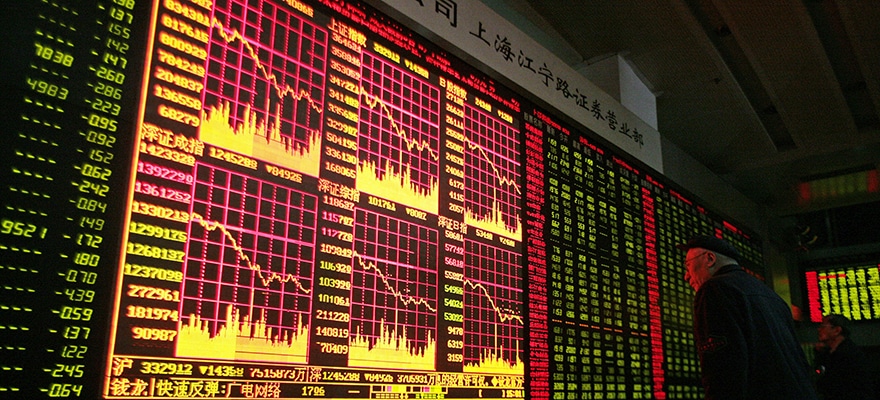No country has been off to a more seismic start to the new year than China, prompting its central bank to renew its policies surrounding the yuan. Consequently, the Chinese cabinet has appointed Pan Gongsheng as its newest Deputy Governor of the country's central bank, in essence making him the nation’s de-facto foreign Exchange (FX) regulatory head in an attempt to manage the China’s currency reserves and reforms, according to a recent Reuters report.
Mr. Gongsheng will be replacing Yi Gang as head of China's State Administration of Foreign Exchange (SAFE), who will be relinquishing his post. It is doubtful that the move will lead to any convulsion or departure from the status quo of Chinese monetary policy, which has largely been one of devaluation in recent years – SAFE operates as an arm of the People's Bank of China (PBoC).
The timing of the appointment is also important as it comes at a time when Chinese authorities are desperately attempting to mitigate the outflow of capital from the country as several stock indices plummet. Already in 2016, major composites and indices have been faced with suspensions of trading in a bid to placate the mounting panic surrounding share prices. This has in turn leveraged a tremendous amount of pressure on the yuan.
Mr. Gongsheng previously held a number of senior level roles at Agricultural Bank of China Ltd and Industrial & Commercial Bank of China Ltd, the country's paramount lender.
According to Zhou Hao, Senior Emerging Markets (EM) Economist for Asia at Commerzbank AG, in a recent statement on the appointment: "Pan's appointment shouldn't have too much of an impact because SAFE is more a management body rather than a decision-making body.”
"The power to make decisions is much more in the hands of the People's Bank of China or even higher organizations," he added.


















